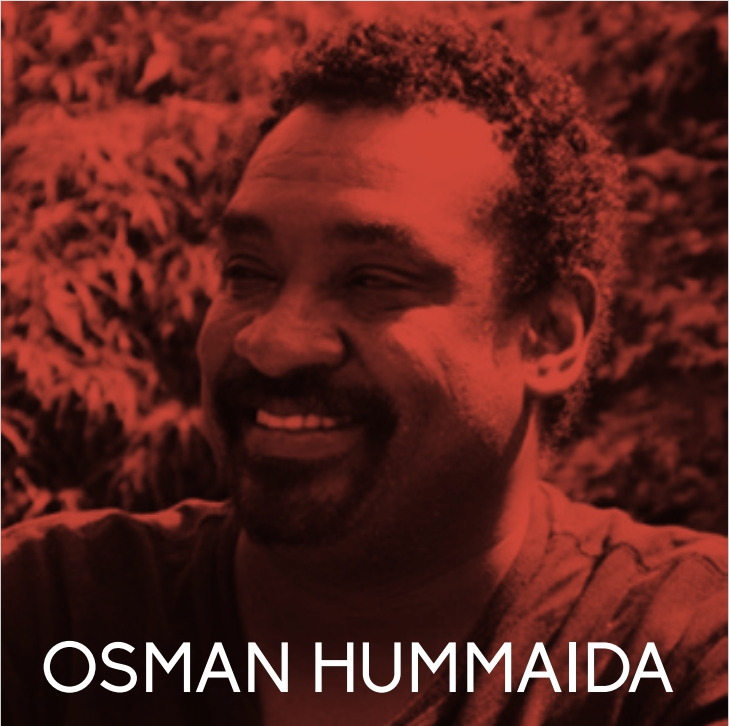EAST AND HORN OF AFRICA HUMAN RIGHTS DEFENDERS NETWORK
Kampala: End restrictions on freedom of expression and media in Sudan
The passing of a new Media Law in Sudan formalises staunch restrictions on freedom of expression and the media which the Sudanese authorities have made routine practice of since late 2007. Furthermore, the Act, if it is not repealed or significantly amended immediately, will no doubt lead to heightened restrictions and attacks on freedom of expression.
The Press and Printed Press Material Act, was passed by the Sudanese Parliament on the 8th June 2009 despite significant opposition to the draft from national, regional and international media and civil society but also within the Parliament itself.
The Act imposes heavy fines for infractions by the media, establishes a Press Council which
lacks independence, with six of its members including the Chairperson being appointed by the Presidency itself, and is granted extensive regulatory powers, notably the power to suspend newspapers without judiciary approval for up to three days. Furthermore, the law allows the State to impose restrictions on the press for national security and public discipline considerations and requires that journalists do not publish material at odds with religious values and traditions.
“Sudanese journalists are greatly concerned by the Act which is in clear contradiction to our country’s national, regional and international standards. We cannot however allow this oppressive legislation to thwart our work or our efforts to promote freedom of expression and democratic reform in our country” says Liemia Eljaili Abubkr, Sudanese journalist and member of East and Horn of Africa Human Rights Defenders Network (EHAHRD-Net).
The law is more in line with pre-2005 legislations and clearly at odds with the Comprehensive Peace Agreement and the Interim National Constitution which firmly protect freedom of expression and the media.
Attacks on freedom of expression have become systematic in Sudan notably through case-by-case pre-print censorship, public information bans as well as intimidation, poor treatment and arrests of journalists. In fact, since November 2007, National Intelligence and Security Services (NISS) officials inspect the content of publications on a nightly basis and regularly order the withdrawal and replacement of articles deemed unacceptable. Editions of the private Sudanese papers are regularly banned. In April 2009, two private dailies decided to suspend their publications after several of their articles were censored. Al-Midan decided not to publish after 17 of its articles were censored, including opinion pieces on the draft media bill, as did Ajras al-Hurriya .The latter paper had previously suspended it publication for three days in November in protest of on-going censorship.
“This current clampdown on the independent media is of particular concern given the situation in Darfur, the scheduled elections of February 2010 and the referendum of 2011” says Mr Hassan Shire Shiekh, Chairperson of EHAHRD-Net. “The work, and notably watchdog role, of journalists are at present more vital than ever before and yet these measures are significantly reducing journalists capacity to monitor and report on issues of key concern, notably human rights issues.”
EHAHRDP therefore calls on the Sudanese authorities:
- To ensure that freedom of the media and expression is guaranteed by bringing an immediate end to all unlawful censorship of journalists and other restrictions;
- To significantly amend the newly passed Press and Printed Press Material Act to ensure its compliance with the provisions of the Comprehensive Peace Agreement (CPA) and the Interim National Constitution on freedom of expression and the media;
- To amend or revoke all laws which are at odds with Sudanese national law, notably with the Interim Constitution, and the country’s international and regional legal obligations.
EHAHRDP furthermore calls on the relevant mandate holders at the African Commission on Human (ACHPR) and People’s Rights and at the UN Human Rights Council:
- To call on the Sudanese authorities to ensure that freedom of the media and expression is guaranteed by bringing an immediate end to all unlawful censorship of journalists and other restrictions;
- To immediately call on the Sudanese government to significantly amend or repeal the newly passed Press and Printed Press Material Act to ensure its compliance with the provisions of the Comprehensive Peace Agreement (CPA) and the Interim National Constitution on freedom of expression and the media;
- To call on the Sudanese authorities to offer an open invitation to the UN and ACHPR mandate holders, most particularly the Special Rapporteurs on Freedom of Expression and Human Rights Defenders.
For more information please contact Ms Laetitia Bader, Human Rights Officer at EHAHRDP: [email protected] or +256-775-141756

